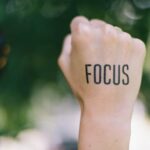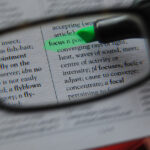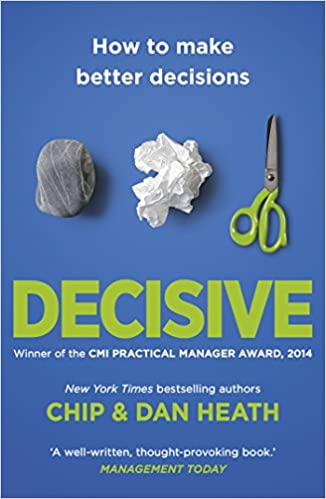“It’s hard to build momentum if you are divided in your attention.”
—James Clear, author of Atomic Habits
Most people are familiar with the phrase “United we stand, divided we fall.” As we nod in agreement, our thoughts often lean toward communities or teams that need to pull together to achieve a worthy goal.
These days, our attention may also include numerous global issues that require a united front.
Today’s quote offers a shift from the macro to the micro.
It points us inward to our individual worlds and frequent forays in multiple directions that often get us nowhere.
EXERCISE:
Where do you find your attention divided in your personal or professional efforts?
How and where would a more focused approach generate the momentum you need to achieve what you most desire?














